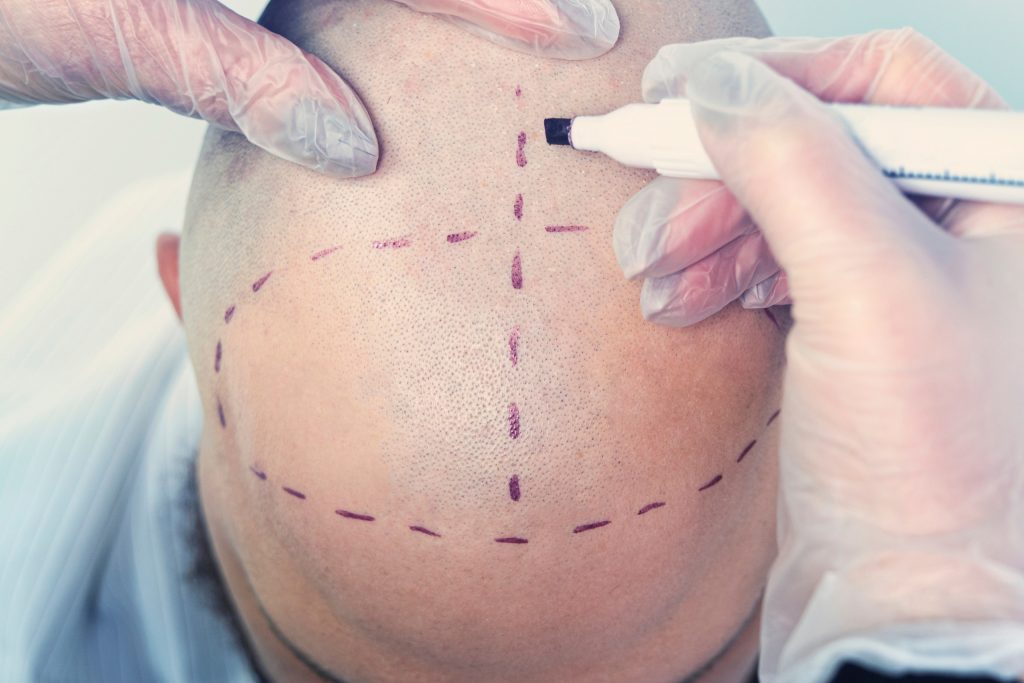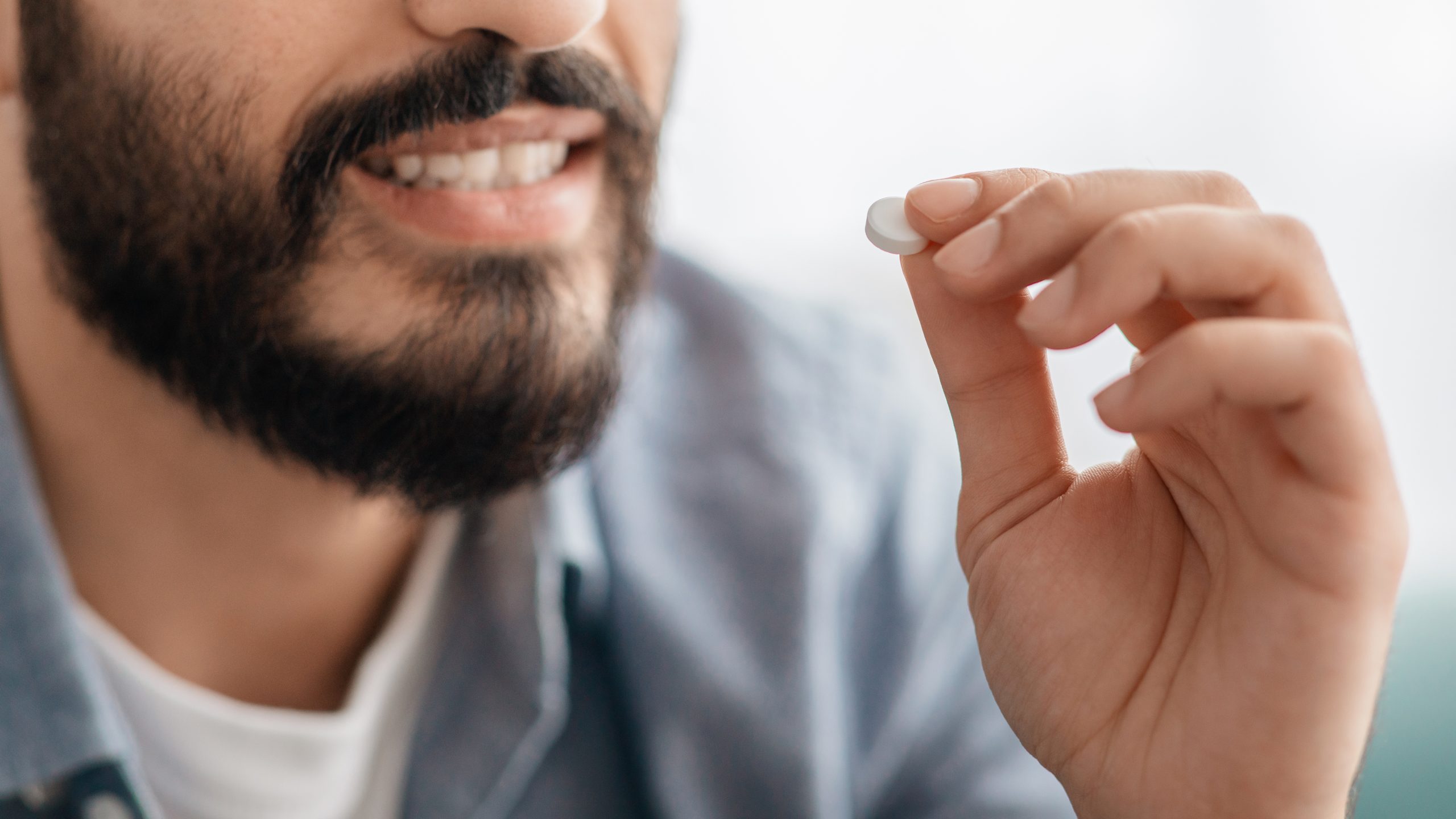Istanbul: The Epicenter of Hair Transplantation Excellence
Istanbul, the bustling metropolis situated at the crossroads of Europe and Asia, has emerged as a global hub for hair transplant procedures in recent years. Renowned for its prestigious clinics and expert surgeons, the city has gained a solid reputation for providing top-tier hair restoration services.
As an international medical tourism destination, Istanbul attracts thousands of people from all corners of the world seeking efficient, high-quality hair transplant procedures. The city’s success in this field can be attributed to several factors. Firstly, Istanbul is home to a plethora of state-of-the-art clinics that boast cutting-edge technology and equipment, ensuring the best possible treatment outcomes. These clinics are staffed by highly skilled and experienced surgeons who specialize in hair transplantation, garnering the trust and confidence of patients.
Furthermore, Istanbul’s affordable cost of living and competitive pricing for hair transplant procedures make it an attractive option for those seeking cost-effective solutions without compromising on quality. Patients can expect to receive excellent care while enjoying the rich cultural heritage and vibrant atmosphere Istanbul has to offer.
In this article, we will delve further into Istanbul’s status as a global hub for hair transplant procedures, exploring the city’s reputable clinics and skilled surgeons that have made it a sought-after destination for individuals seeking effective hair restoration treatments.
Historical Background of Hair Transplantation in Istanbul
Located at the crossroads of Europe and Asia, Istanbul has a long history dating back thousands of years. However, it was in the 20th century that the city began to make its mark in the field of hair transplantation.
The history of hair transplant procedures in Istanbul can be traced back to the early pioneers in the field. In the early 1990s, Turkish doctors such as Dr. Okuda and Dr. Orentreich made important contributions to the development of modern hair transplantation techniques. This laid the foundation for the growth of the industry in the city.
Over the years, Istanbul has emerged as a leading destination for hair restoration, attracting patients from all over the world. There are several reasons why Istanbul has become such a popular choice for those seeking hair transplant Istanbul procedures. The city boasts a large number of experienced and skilled surgeons who specialize in hair transplantation. Additionally, the cost of procedures in Istanbul is significantly lower compared to many other countries, making it an affordable option for many. Istanbul also offers a high standard of medical facilities and services, ensuring that patients receive top-quality care. The combination of these factors has catapulted Istanbul to the forefront of the global hair transplant industry, cementing its reputation as a leading destination for those seeking hair restoration.
The Rise of Istanbul as a Hair Transplant Capital
Istanbul has been a popular hair transplant destination in the last decade. The city’s modern facilities, trained workers, and competitive pricing have made it a hair transplant capital.
Istanbul has modern hair transplant facilities with cutting-edge technologies. These sophisticated facilities provide high-quality, efficient therapy, ensuring patient success. The city also has several skilled hair transplant experts who provide outstanding outcomes. The experienced doctors and cutting-edge facilities inspire patient confidence.
Istanbul has competitive hair transplant prices compared to other worldwide locations. Hair transplant treatments in the city attract international patients due to its cost. This inexpensive price does not compromise treatment quality, making Istanbul an enticing alternative for cost-effective hair restoration.
Istanbul’s modern facilities, competent personnel, and reasonable price make it a hair transplant hub. The city’s high-quality and cheap hair transplant treatments make it a popular destination.
Top Hair Transplant Clinics in Istanbul
Istanbul is renowned for being a top destination for hair transplant procedures, attracting patients from all over the world. The city is home to several renowned hair transplant clinics that offer exceptional expertise, utilize advanced technologies, and boast high patient satisfaction rates.
One of the top hair transplant clinics in Istanbul is known for its extensive experience and specialized approach to hair restoration. With a team of highly trained surgeons and technicians, they consistently deliver natural-looking results and have earned a reputation for their exceptional skills in hair transplantation.
Another notable clinic in Istanbul is known for its state-of-the-art facilities and cutting-edge technologies. Their use of advanced techniques and equipment ensures precise and effective hair transplant procedures. Patients rave about their comfortable and luxurious environment, as well as the highly personalized and attentive care they receive throughout their hair restoration journey.
Overall, the top hair transplant clinics in Istanbul strive to provide the best possible results for their patients, backed by their extensive knowledge and expertise in the field. Patients can expect outstanding services, advanced technologies, and high patient satisfaction rates when choosing one of these renowned clinics in Istanbul.
Touristic Appeal and Medical Tourism in Istanbul
Istanbul, between Europe and Asia, is an intriguing city with a rich history, lively culture, and numerous attractions. Its East-West combination gives guests from throughout the globe an unmatched experience. Istanbul has something for everyone, from the Hagia Sophia and Blue Mosque to the Grand Bazaar and Bosphorus Strait.
Istanbul is a popular hair transplant location for medical tourists. The city’s reputation for inexpensive, high-quality healthcare has attracted more hair restoration patients. Istanbul attracts medical tourists with its modern medical facilities, competent physicians, and cutting-edge technology. Its cultural legacy and historical landmarks also provide a unique background for patients to enjoy while receiving treatment, improving the whole experience for those combining medical operations with leisure activities.
Medical tourists choose Istanbul for its lively culture, rich history, and numerous attractions, as well as its reputation as a top hair transplant destination. Istanbul appeals to individuals seeking superior healthcare and a memorable vacation due to its draw of experiencing a fascinating city while receiving treatment.
Success Stories and Testimonials
Istanbul, often hailed as the hair transplant capital of the world, has gained a significant reputation for its successful hair transplant procedures. Numerous individuals from various parts of the globe have shared their real-life accounts of undergoing these procedures in Istanbul and have emerged with satisfactory results. These success stories and testimonials have played a pivotal role in solidifying the city’s reputation as a hub for hair transplants.
The accounts of these individuals serve as a testament to the exceptional skills and expertise of Istanbul’s hair transplant professionals. Patients have consistently praised the high standards of care, professionalism, and attention to detail exhibited by the medical personnel in the city’s acclaimed clinics. Their success stories have not only garnered attention from prospective patients but have also attracted a considerable influx of medical tourists seeking effective hair transplant solutions.
Moreover, these testimonials have contributed to Istanbul’s recognition as an accessible and affordable destination for hair transplant procedures. Many individuals have attested to the cost-effectiveness of undergoing this treatment in Istanbul while still receiving top-notch medical care. This combination of affordability and quality has further boosted the city’s appeal for those seeking hair restoration solutions.
Overall, the real-life success stories and testimonials shared by individuals who underwent successful hair transplant procedures in Istanbul have played a vital role in establishing and enhancing the city’s reputation as a leading destination for this specialized medical treatment.

Conclusion
In conclusion, Istanbul has established itself as a leader in the global hair transplant industry, offering world-class options for individuals considering hair restoration treatments. With a legacy of excellence, the city continues to attract patients from around the world who seek transformative results. The combination of skilled surgeons, state-of-the-art facilities, and competitive prices make Istanbul a top destination for those looking to regain their confidence through hair transplantation. Whether it is for a receding hairline, thinning hair, or bald patches, the city’s expertise in the field ensures that patients receive the highest quality care and achieve their desired outcomes. Therefore, individuals researching hair transplant options should not hesitate to explore the exceptional offerings available in Istanbul, where they can find the latest techniques and advancements to address their specific needs. Trusting in Istanbul’s reputation for excellence is the first step towards a successful hair restoration journey.











